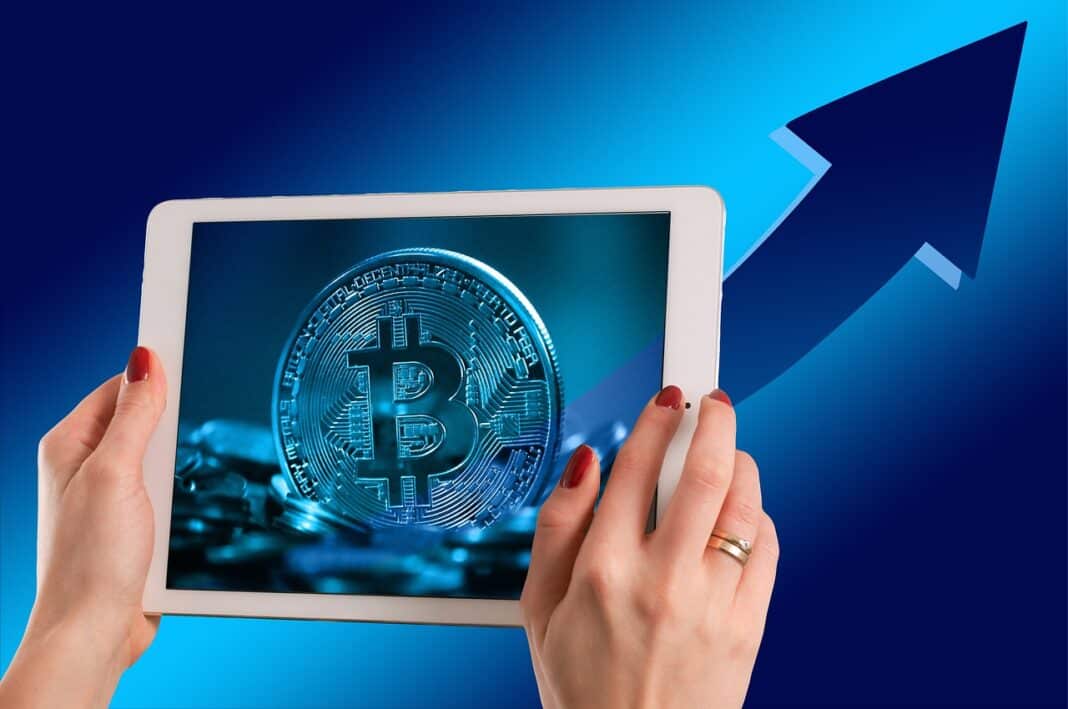In the digital age, as cryptocurrency continues to revolutionize the financial world, peer-to-peer (P2P) exchanges have grown in popularity. Unlike centralized exchanges, P2P platforms empower individuals to buy and sell digital assets directly, eliminating the need for intermediaries. Over the past decade, this decentralized model has proved to be a game-changer for traders, investors, and enthusiasts alike.
Historically, centralized exchanges dominated the cryptocurrency landscape. They provided a platform where users could exchange their fiat currency for digital assets and vice versa. While they were instrumental in driving the initial growth of the crypto space, their centralized nature attracted concerns. These platforms became potential targets for hackers, leading to significant breaches and substantial financial losses for users. Moreover, centralized exchanges often require extensive user verification, sacrificing the privacy cherished by crypto enthusiasts.
P2P exchanges, on the other hand, offer a more decentralized alternative. Instead of relying on a single entity to facilitate trades, P2P platforms connect buyers and sellers directly. This not only reduces the risk of a single point of failure but also fosters a more inclusive ecosystem. Many P2P exchanges operate without demanding extensive user verification, adhering to the ethos of financial privacy and freedom. Additionally, they often provide more flexible payment methods, such as bank transfers, PayPal, or even in-person cash payments.
However, the rise of P2P exchanges hasn’t been without its challenges. The absence of a central authority means there’s a greater onus on users to ensure their security and conduct due diligence on potential trading partners. To mitigate risks, many P2P platforms have integrated escrow services and reputation systems. These mechanisms hold the cryptocurrency in a neutral account during the transaction process, releasing it only when both parties have fulfilled their agreement. The reputation systems, in turn, provide feedback on traders, allowing users to gauge the trustworthiness of their counterparts.
Another appealing feature of P2P exchanges is their potential to foster financial inclusion. In many regions, especially in developing countries, individuals lack access to traditional banking services. Centralized exchanges often have strict regional restrictions, which can further alienate these potential users. P2P exchanges, with their more relaxed approach, can bridge this gap, providing a platform for individuals to access the world of digital finance.
In-Depth Review of Selected P2P Crypto Exchanges
P2P (peer-to-peer) crypto exchanges are platforms where individuals can buy and sell cryptocurrencies directly with one another without the need for an intermediary. These platforms have become increasingly popular due to their decentralized nature, offering more privacy and potentially lower fees than traditional centralized exchanges. In this review, we will be taking an in-depth look at three top P2P crypto exchanges: LocalBitcoins, Paxful, and Bisq.
Tips for Safe and Secure Trading on P2P Exchanges
P2P (peer-to-peer) exchanges allow individuals to buy and sell cryptocurrencies directly with one another without the need for an intermediary, like a centralized exchange. While P2P trading has its advantages, such as more privacy and often lower fees, it also comes with its own set of risks. Here are best practices for secure P2P crypto trading and how to avoid common scams and pitfalls:
1. Do Your Homework:
Know Your Counterparty: Before transacting, look into the trading history and reputation of the person you’re dealing with. The best p2p crypto exchange provides a reputation system.
Understand the Platform: Familiarize yourself with how the P2P platform works. Understand its features, especially those related to security and dispute resolution.
2. Use Escrow Services:
An escrow service temporarily holds the buyer’s funds until the seller delivers the promised cryptocurrency. Only release or finalize a transaction when you’re sure all terms have been met.
3. Avoid Off-Platform Transactions:
Never agree to complete a transaction outside of the P2P platform. Scammers may ask you to do this to evade the platform’s security and dispute resolution mechanisms.
4. Secure Your Own Devices and Accounts:
Use strong, unique passwords for your accounts.
Enable two-factor authentication (2FA) on all platforms and wallets.
Keep your device’s operating system and software up-to-date to defend against vulnerabilities.
5. Be Wary of Too-Good-to-Be-True Offers:
If someone is offering a deal that seems too good to be true, it probably is. Scammers often lure victims with unbelievable discounts or incentives.
6. Meet in Public Places:
If you’re meeting someone in person for a trade, choose a public place like a cafe or a bank. Let someone know where you’re going, and never meet alone.
7. Keep Communication on the Platform:
Avoid communicating with buyers or sellers outside the P2P platform (e.g., direct email, WhatsApp). This ensures there’s a record of all communication in case of disputes.
8. Be Wary of Phishing Attempts:
Double-check URLs before clicking on them or entering any credentials. Be cautious of emails or messages that ask for personal details or prompt you to click on suspicious links.
9. Stay Updated:
Continuously educate yourself on the latest scams or tactics being used by fraudsters in the crypto space.
10. Don’t Share Unnecessary Information:
Keep personal information to a minimum. The more a scammer knows about you, the more vulnerable you become to targeted attacks.
11. Use a Dedicated Email:
Consider using an email address specifically for crypto transactions. This minimizes the risk associated with potential breaches or hacks.
12. Trust Your Instincts:
If something feels off about a transaction or the individual you’re dealing with, it’s okay to back out. It’s better to be safe than sorry.
Common Scams and Pitfalls to Avoid:
Payment Reversals: A buyer may use reversible payment methods, receive your crypto, and then cancel the payment.
Fake Bank Transfers: Screenshots or fake emails claiming a transfer has been made.
Impersonation Scams: Someone posing as a trusted entity to steal your funds.
Man-in-the-Middle Attacks: A scammer intercepts a transaction between two parties.
Malware and Keyloggers: These can steal your crypto by tracking your keystrokes or taking control of your device.
By following these guidelines and staying vigilant, traders can minimize the risks associated with P2P exchanges and make the most of their benefits. Always prioritize your safety and the security of your funds.
Conclusion:
The cryptocurrency landscape is vast and ever-evolving, with P2P exchanges standing out as a beacon of decentralization and inclusivity. While they come with their set of challenges, their advantages in promoting privacy, security, and global financial inclusion cannot be understated. As the crypto realm continues to mature, it’s likely that the role of P2P exchanges will only become more pronounced, solidifying their position as an indispensable tool for the digital age.



